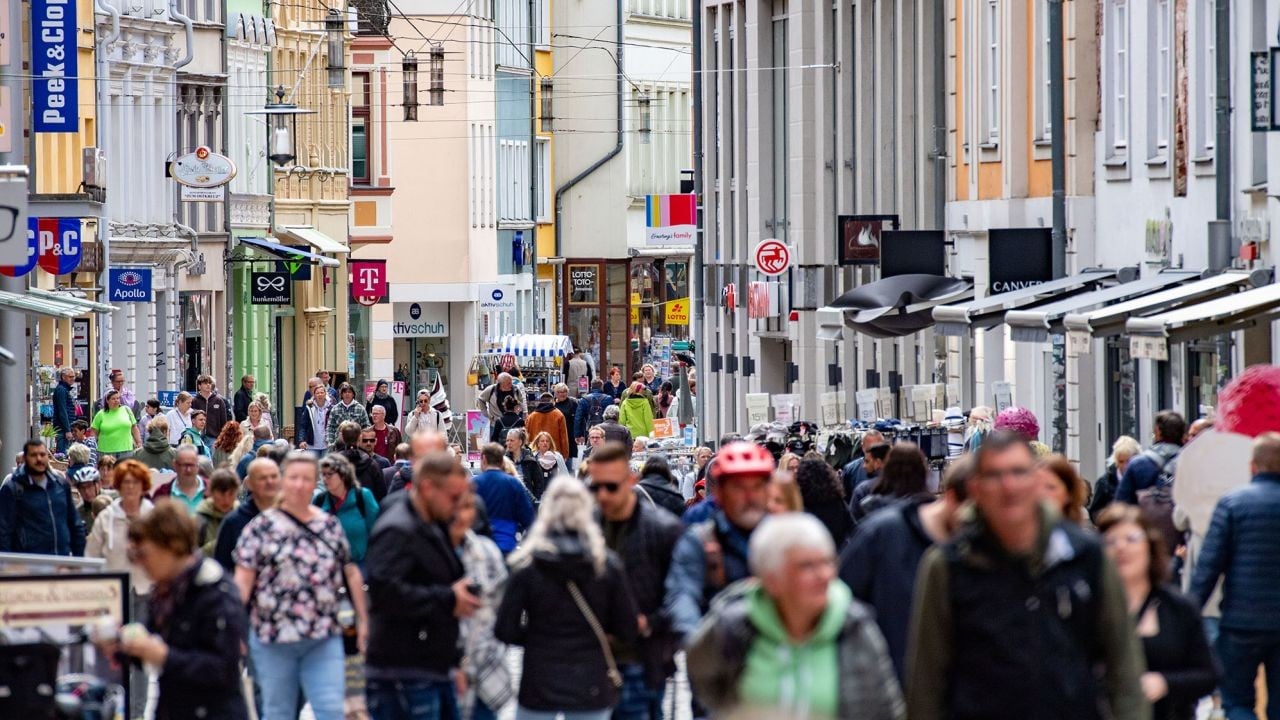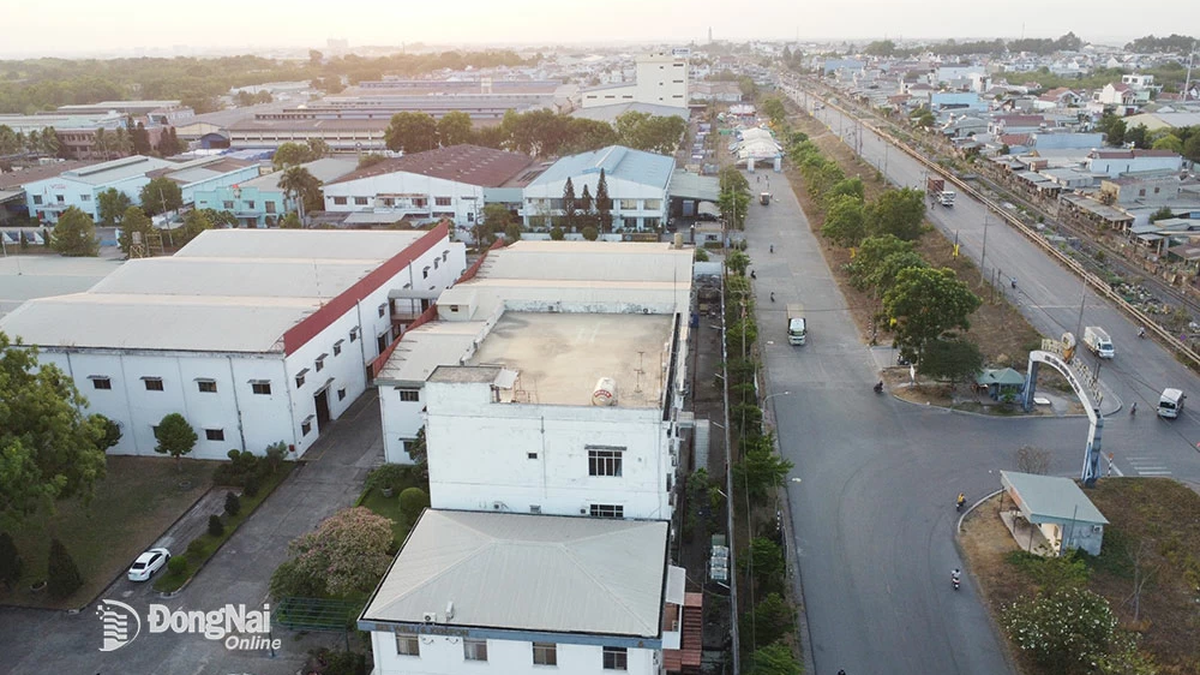 |
| Inflation has taken a heavy toll on the German economy, with consumers spending less on items such as food and clothing. A street in Stralsund, Germany, is seen crowded with shoppers. (Source: Getty) |
Inflation has taken a heavy toll on the German economy, with consumers spending less on items like food and clothing. Worse still, the economic outlook for the coming months is not much brighter.
Recently, the German Federal Statistical Office (Destatis) announced data showing that the German economy contracted slightly in the first quarter of 2023 compared to the previous quarter. According to Destatis President Ruth Brand, the Gross Domestic Product (GDP) decreased by 0.3% in the first quarter of 2023. Along with a 0.5% decline in the fourth quarter of 2022, the German economy has recorded two consecutive quarters of negative growth and officially entered a technical recession.
“After several statistical adjustments for prices and seasonal effects, the German economy is not immune to a technical recession,” said ING economist Carsten Brzeski. “Favourable factors such as a warm winter, a rebound in industrial activity following the reopening of Chinese markets and the easing of supply chains… are not enough to lift this powerhouse economy out of the danger zone.”
The impact of inflation saw households spend less on food, beverages, clothing, footwear and furniture than in the previous quarter. New car sales also fell, possibly in part because the government will end subsidies from the end of 2022.
Along with weak demand for goods, government spending also fell in the first three months of the year. According to the Ifo economic research institute, the business climate index fell more than expected in May 2023, marking the first decline after six consecutive months of increases.
Meanwhile, according to a survey published by the Association of German Banks (BdB), the majority of Germans are skeptical about the European Central Bank's (ECB) plan to establish a digital euro.
The survey found that 76% of Germans believe that the current euro payment options are sufficient enough to justify the need for a digital euro. Only 21% believe that a digital currency would make payments easier.
Henriette Peucker, Deputy Director General of the BdB, warned that the ECB needs to clarify key issues such as what form the digital euro will take, what benefits it will bring to citizens and what risks it will pose. A digital euro can only be successful if it is accepted and used by Europeans. As long as the benefits and risks are unclear, the project to establish a European digital currency will not be effective, and consumers will continue to use the payment options they are familiar with and trust.
Source




















































![[Maritime News] More than 80% of global container shipping capacity is in the hands of MSC and major shipping alliances](https://vphoto.vietnam.vn/thumb/402x226/vietnam/resource/IMAGE/2025/7/16/6b4d586c984b4cbf8c5680352b9eaeb0)













































Comment (0)